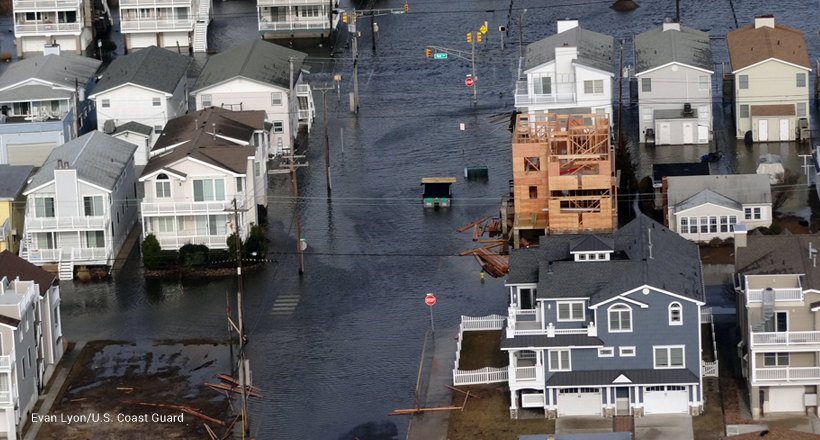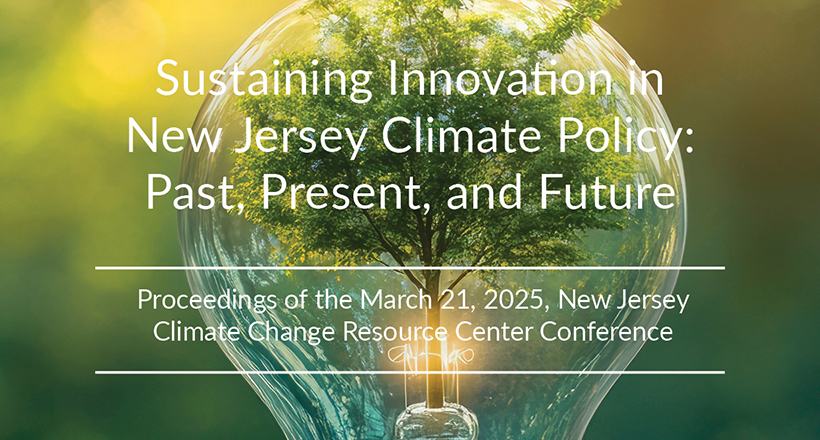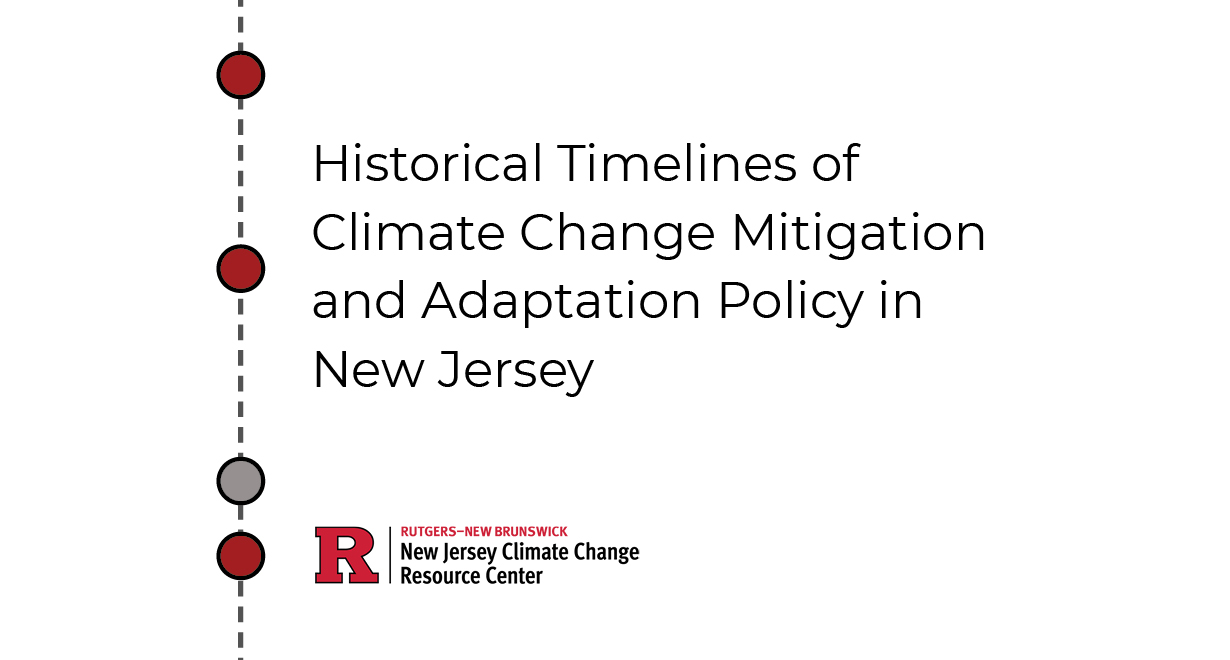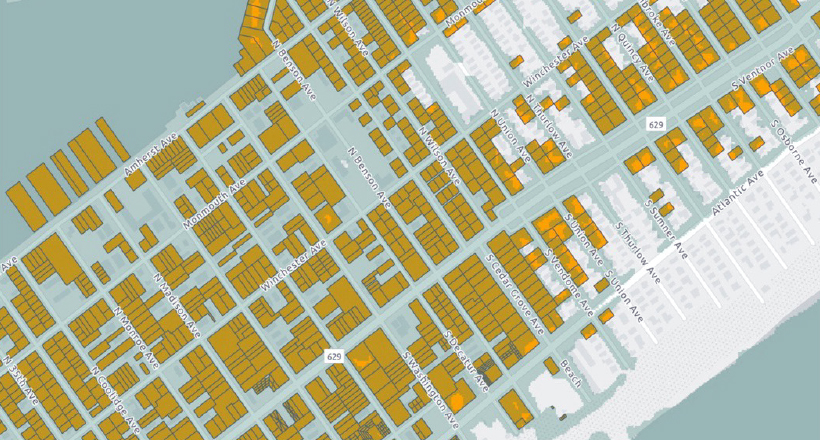Report
Greenhouse Gas Emissions Reduction
This report explores policy options for the State of New Jersey to advance efforts to attain statewide greenhouse gas limits set 10 years ago by the Global Warming Response Act (N.J.S.A. 26:2C-37). The report examines five critical issues with respect to attainment of the statewide limits:
- Whether the limits are still appropriate, reflecting the the latest science;
- The status of New Jersey’s current greenhouse gas emissions in relation to the statewide limits;
- Opportunities within New Jersey’s legal and policy framework for addressing greenhouse gas emissions;
- Notable mitigation policies in other states that could be applicable to New Jersey; and
- Policy opportunities to advance sound climate change policies that address the needs populations and communities that are most impacted by changing climate conditions.
The report was developed as a collaboration among research staff at The Georgetown Climate Center, Rutgers Climate Institute, Rutgers Edward J. Bloustein School of Planning and Public Policy, and The World Resources Institute.
By outlining current and emerging policies underway or under development by other states, this report offers insights for policy options at the state level. Although the authors do not make recommendations or advocate for any particular policy option or suite of options for New Jersey, the report contains substantial information that should serve to further dialogue and discussion about greenhouse gas emissions policy options for New Jersey.
An Examination of Policy Options for Achieving Greenhouse Gas Emissions Reduction in New Jersey
FULL REPORT
September 2017
A Brief Summary: An Examination of Policy Options for Achieving Greenhouse Gas Emissions Reductions in New Jersey
SUMMARY
September 2017











